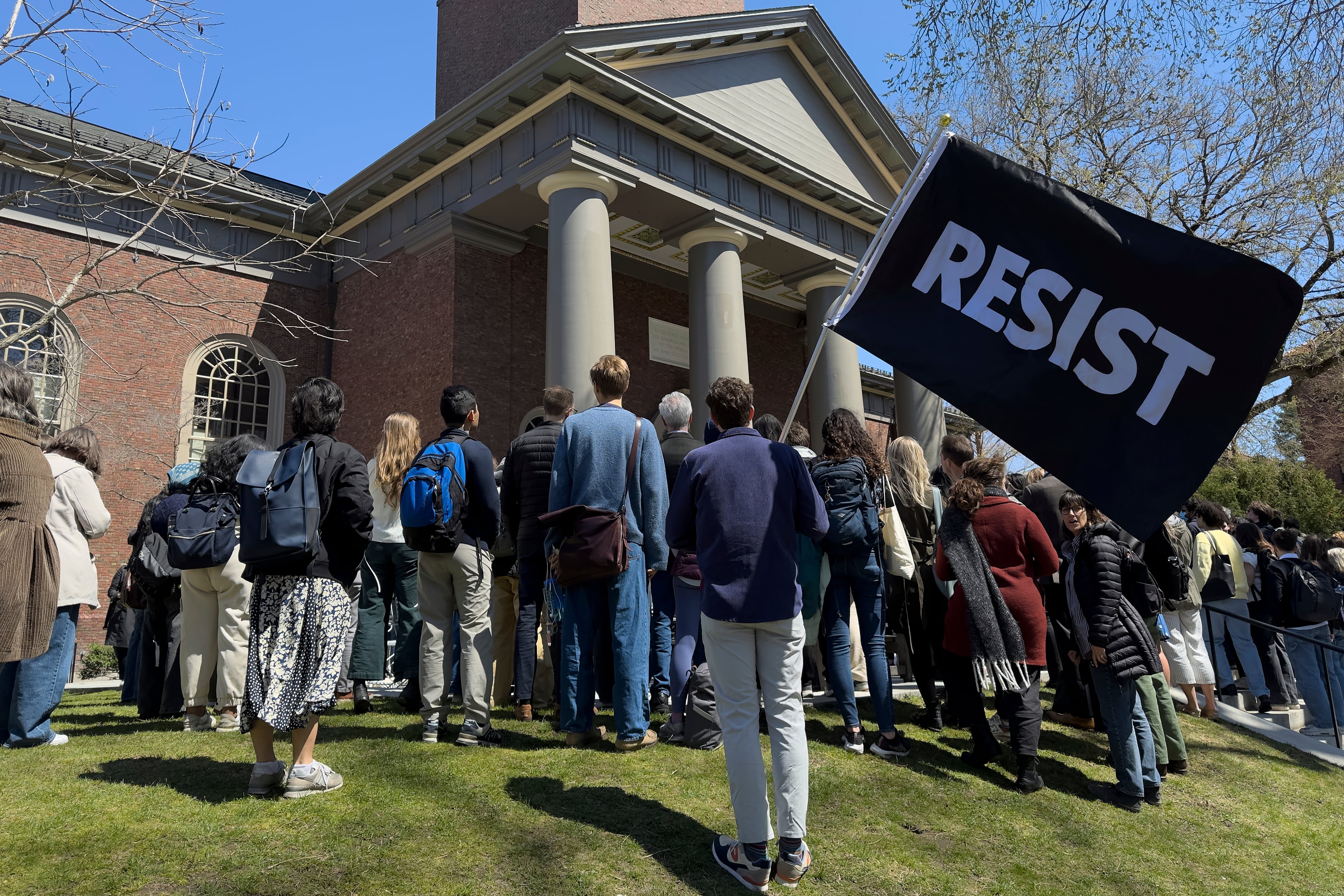A general fired in March 2013 after allegations he sexually assaulted a female civilian adviser said that while he denies the charges, he "accepts the responsibility for becoming intoxicated that evening" and that "due process was followed."
Then-Maj. Gen. Ralph O. Baker was relieved of his post as head of Combined Joint Task Force-Horn of Africa after the investigation, a copy of which was provided recently to The Washington Post via a request under the Freedom of Information Act and served as the basis of an Oct. 1 report. The Army did not respond by press time to a subsequent Army Times request for the investigation.
The Post, citing military documents, outlined the accuser's account of an alleged July 22, 2012, incident in the back of an SUV headed to Camp Lemmonier, Djibouti, after a private party. She said Baker, who'd been drinking, put his hand between her legs. She said she fought off the alleged advances and reported the incident to the Defense Department inspector general the following January, according to the Post, after feeling too embarrassed to notify any other passengers in the vehicle.
"I own and accept the responsibility for becoming intoxicated that evening," Baker said in an Oct. 2 interview with Army Times, "but to be found culpable with the other allegation without any collaborating evidence or witnesses is what I had a difficult time accepting."
Baker also denied he was a heavy drinker and that he sent out soldiers under his command to purchase alcohol for his personal use — allegations based on statements made to investigators, according to the Post's report. He claimed to have never violated a two-drink limit during his time in command except for the night in question, and that he sent staffers to purchase wine so he could bring it to social gatherings, often hosted by "the wives of my diplomatic colleagues."
He gave the staffers his own money for the alcohol, he said, because his lawyer advised him against using command funds for such purchases.
Baker retired last fall "on my own volition," he said, reverting to a one-star rank because he hadn't spent enough time in grade to retire as a major general.
"While retirement benefits are mandated by federal law, there is a requirement that an individual must have served satisfactorily in rank before receiving those benefits," the Army said in a statement regarding the retirement. "[Army Secretary John] McHugh determined that Baker did not serve satisfactorily in his post, and dropped him in rank prior to retirement."
Baker said he didn't believe he received any special treatment based on his rank, and that investigators "went through all the procedures they're required to. Evidence is presented to the commander and he makes his mind up. It's not a judge and jury."
"I had 31 good years in the military, five combat tours," he said. "I'm proud of my service. ... Although I was very disappointed that my career ended this way, I loved every minute of it."
Kevin Lilley is the features editor of Military Times.




